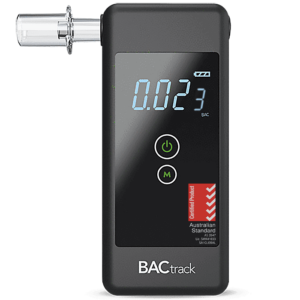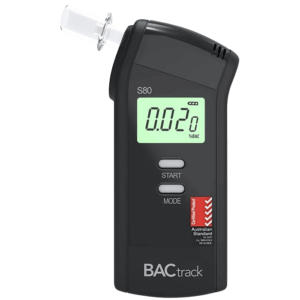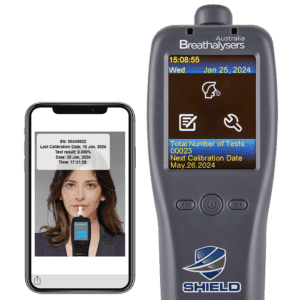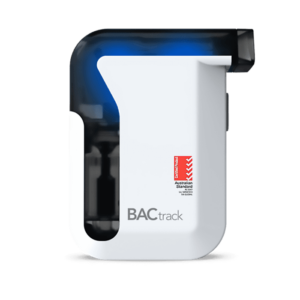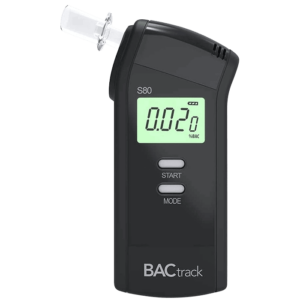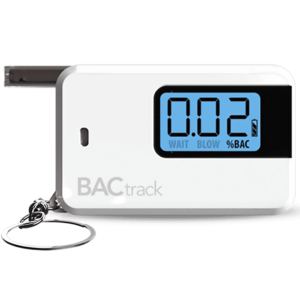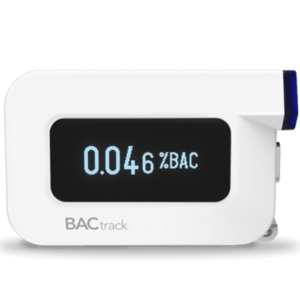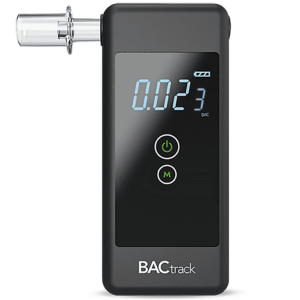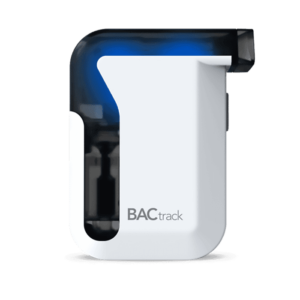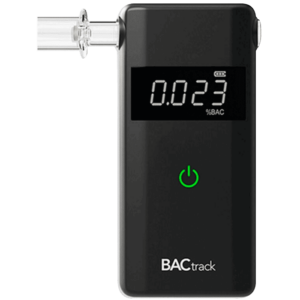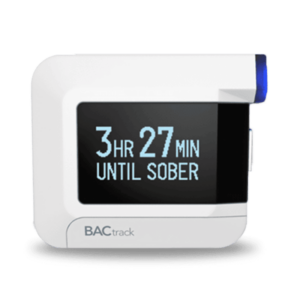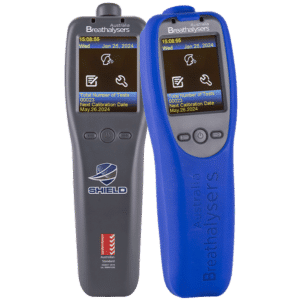Probation Alcohol Test: The Need To Know
20 October, 2023
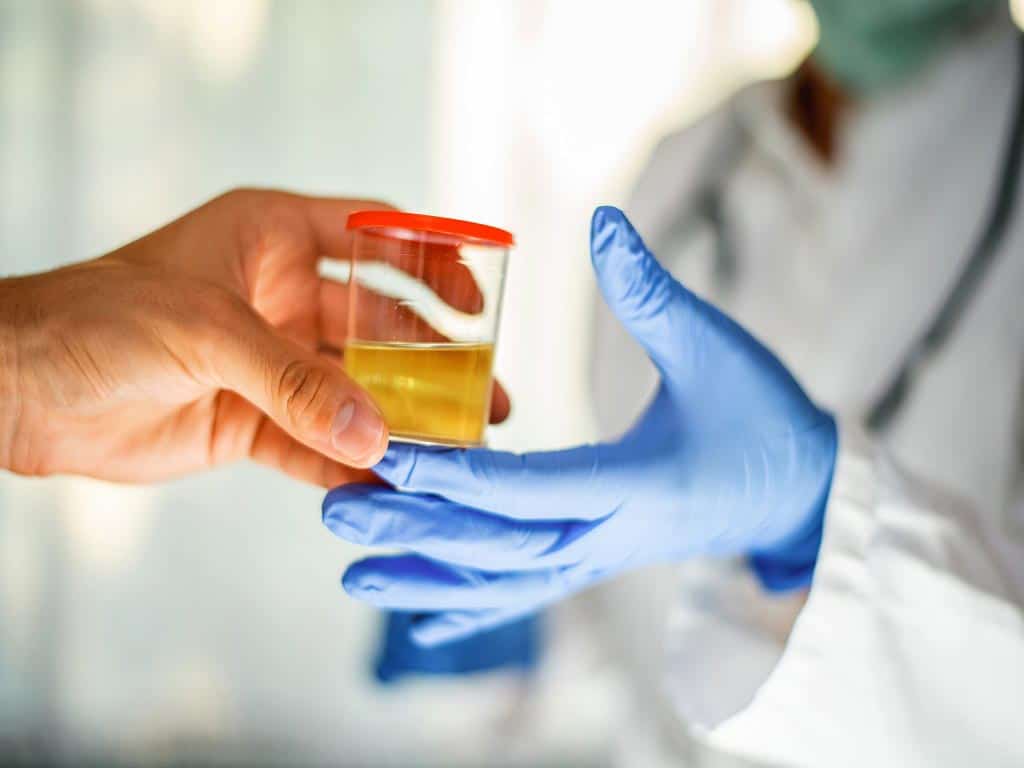
A probation alcohol test is a procedure that can determine if an individual who is under supervision has consumed alcohol. This test ensures that the person is complying with the terms, which often include abstaining from alcohol. The procedure involves the collection of a biological sample, which is then analysed to detect the presence of alcohol. The results of the test can have consequences for the individual’s probationary status.
Probation is a court-ordered period of supervision and restrictions. Authorities can place individuals on probation instead of sending them to jail right away after they commit a crime. However, they must monitor them, ensuring probationers follow certain rules. It is a way for individuals to show they can behave well without being in jail. This article will provide information on the functions, purpose, expectations, and implications of positive test results for probationary alcohol tests.
Definition and Purpose of Probation Alcohol Test
A probation alcohol test is a method to determine if an individual who is on probation or parole has been drinking alcohol. The purpose of this test is to enforce the conditions of probation, which typically prohibit the consumption of alcohol. Probation officers administer these tests to ensure that individuals abide by their terms.
An alcohol test detects the presence of ethanol or ethyl glucuronide (EtG), a metabolite of alcohol. EtG can be detected in urine, blood, or hair samples. This detection can occur for a period of time after alcohol consumption, even if no alcohol is currently present in the person’s body. Moreover, the detection times vary depending on the type of test and the amount of alcohol consumed.
Conducting these tests helps probation officers assess an individual’s compliance with the prohibition of alcohol consumption. If an individual tests positive for alcohol, it may lead to probation violations. Furthermore, these tests play a vital role in maintaining public safety and ensuring individuals on probation adhere to the terms set by the court.
Commonly Used Tests
- Breath test: the probation officer uses a breathalyser that measures the Blood Alcohol Content (BAC) in the breath.
- Urine test: this method can provide information about alcohol consumption for up to 80 hours after drinking alcohol.
- Blood test: it measures the actual alcohol levels in the blood, providing accurate and precise results. The blood test can detect alcohol consumption within a few hours of intake.
- Hair testing: this test can detect the presence of ETG in the hair sample, usually up to 90 days.
- Saliva test: it is also non-invasive and can detect recent alcohol use, usually up to 24 hours after consumption.

What to Expect in a Probation Alcohol Test
A person undergoing a probation alcohol test can expect a straightforward and structured process. Firstly, the probation department will notify the probationer of the test in advance. This notification can occur either through a scheduled appointment or as part of a random testing program. On the day of the test, the individual will have to provide the biological sample.
During the test, the officer will closely monitor the probationer to ensure accurate and reliable results. They may observe the collection process to prevent any tampering or adulteration of the sample. In addition, the person may be subject to strict guidelines when providing the sample. They may need to empty their pockets or remove any excess items.
Once the sample is obtained, it will be sent to laboratory for analysis to detect the presence of alcohol or its metabolites. The probationer can expect the results to be confidential and shared only with the necessary parties. If the test comes back positive for alcohol consumption, it may lead to various consequences.
Challenges and Limitations
Probationary alcohol tests present a number of challenges and limitations. For instance, the privacy concerns. Individuals undergoing probation might feel that their privacy is invaded when they are subjected to alcohol testing. Moreover, some individuals may attempt to manipulate the tests to deceive the probation officer. This behaviour can undermine the effectiveness of the monitoring process.
Furthermore, these tests can impose financial strain on individuals. Probationers are responsible for bearing the costs associated with these tests. Regular testing is expensive, further impeding the individual’s ability to successfully complete probation. This financial strain may also add to the stress and pressure experienced by probationers.

What Happens When Tested Positive in a Probation Alcohol Test
When an individual tests positive in a probation alcohol test, there are severe consequences that they may face. Firstly, they may be subjected to additional probationary conditions. These include mandatory attendance at alcohol treatment programs or regular check-ins with a probation officer. These measures help the individual address and overcome their alcohol abuse problem.
Secondly, testing positive for alcohol while on probation can result in probation violations. This can lead to serious penalties, including possible jail or prison time. The severity of the punishment may depend on factors. These include the individual’s criminal history, the terms of their probation, and the discretion of the probation officer or judge.
Lastly, a positive alcohol test can negatively impact an individual’s chances of completing their probation successfully. It can lead to the revocation of probation. This means the person may have to serve the remainder of their original sentence in jail or prison. Therefore, it is important for individuals on probation to refrain from drinking alcoholic beverages in order to comply with court conditions.
Factors that May Influence The Result
There are some factors that can influence the result of alcohol tests. One such factor is cross-reactivity. It occurs when substances other than alcohol produce a positive result. For example, certain mouthwashes, cough syrups, or medications could potentially trigger a non-negative result. Additionally, some individuals may have naturally high levels of ETG, leading to a false positive result.
Improper sample handling is another factor. For instance, if the testing officer does not seal or store the specimen correctly, bacteria may contaminate the sample. Therefore, probation officers and testing centres must follow strict protocols to maintain sample integrity and minimise testing errors.
Conclusion
In conclusion, testing officers use probation alcohol tests to make sure people on probation are following the rules, like not drinking alcoholic beverages. The test checks for a substance called EtG in urine, blood, or hair samples. It indicates whether someone has consumed alcohol even after the effects have worn off. People on probation know about the test beforehand, and the officer will closely monitor them to prevent sample manipulation. If the test shows alcohol, it can have severe consequences.
Testing positive for alcohol during probation can lead to serious implications. These include additional conditions, probation violations, and even imprisonment. Moreover, several factors, like cross-reactivity from certain substances or mishandling of samples, can influence test results. Therefore, it is crucial for individuals to abstain from alcohol and for testing procedures to be accurate and careful. Following the rules can minimise these complications and successfully complete probation.


















